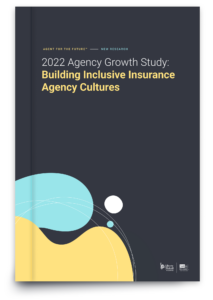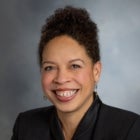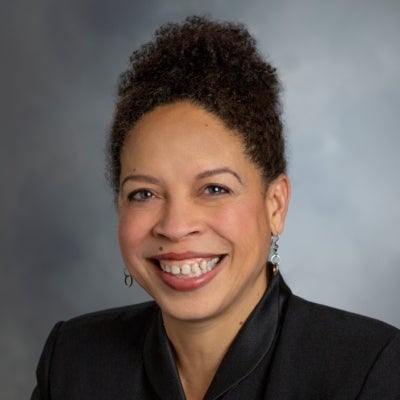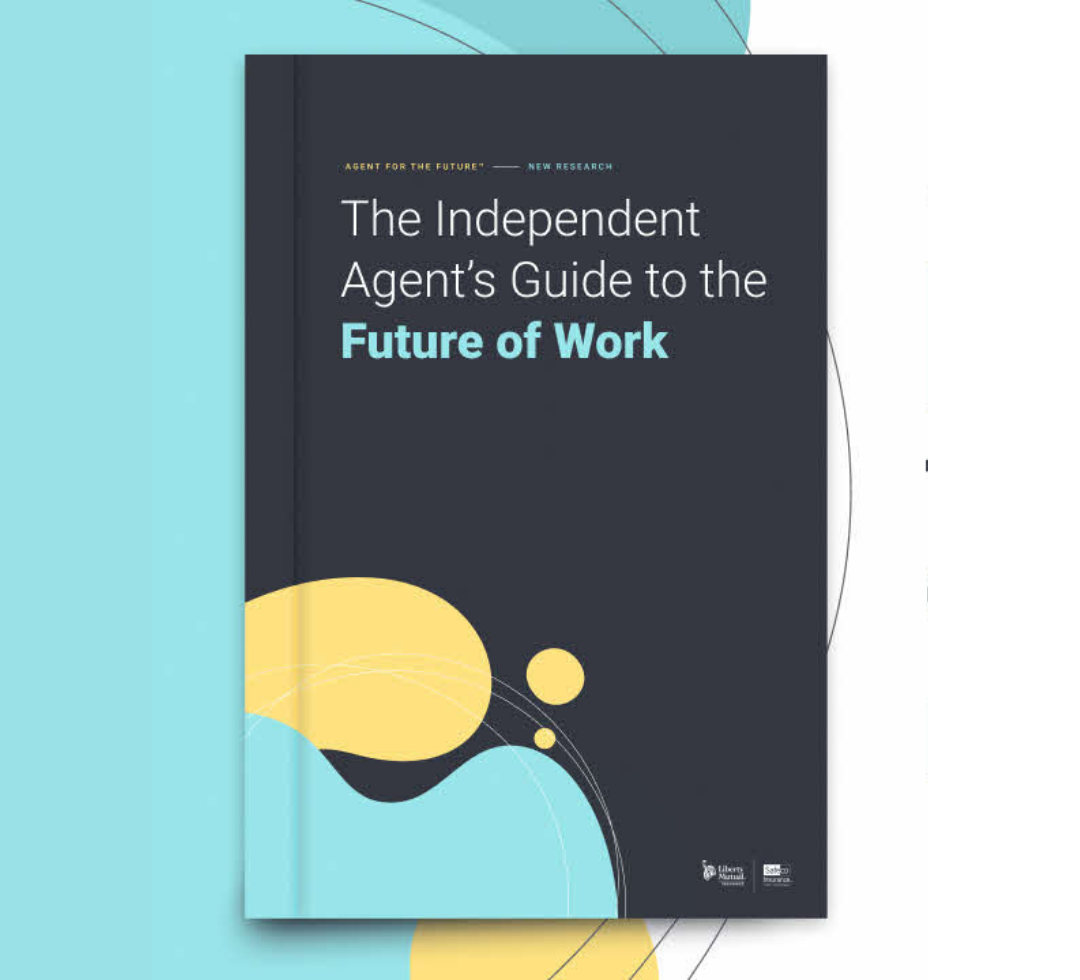Diversity, Equity and Inclusion (DEI) has always been an important aspect of company cultures, and it will become even more essential as we move into a new era of work.
As the global population and workforce becomes more diverse, DEI work can help build trust among teams as people learn to recognize and value the different backgrounds and perspectives their co-workers bring to the table. It can also help companies reach more people and better connect with a diverse customer base.
A commitment to DEI

Read our report on building inclusive workplace cultures to learn more about how to incorporate DEI into your agency.
When I started at Liberty Mutual in 2013, I brought the idea of widening the definition of diversity. As I’ve worked to lead the company in its DEI journey, I’ve emphasized that DEI is about all of us, all of the differences and similarities that make us who we are. Everyone is included in DEI work.
DEI is part of every aspect of how Liberty Mutual does business. We have made public commitments to increase the percentage of women and people of color in all levels of our business by 2025. Over the last ten months, we’ve begun implementing our multi-year DEI plan, which includes a variety of new programs that allow us to recognize, appreciate and apply the unique backgrounds of each employee.
Liberty believes that future-thinking insurance agencies benefit from looking at their business structures and tactics through a DEI lens. While each agency will have different strategies and goals, agencies that create inclusive work environments will be better set up to innovate and compete for everyone’s business.
The four levels of DEI change
Building workplace cultures that foster diversity, equity and inclusion takes intentionality and planning. Creating truly diverse, equitable and inclusive workplaces requires work on all four of these levels:
Personal: DEI change starts with individual responsibility. The first step of DEI is to invite people to really understand themselves and their blind spots and where they can grow.
This awareness may come through training, participating in community events or webinars, or even just learning to try on different perspectives. Encourage employees to step into their colleagues’ and customers’ shoes and try to see things from different points of view.
Interpersonal: At Liberty Mutual, we developed guidelines for inclusive, interpersonal communication across differences. We advise employees to ask each other, “How can I help you feel included?”
Doing the personal and interpersonal work can help people become allies, or employees who support groups other than their own. Allyship is an investment in supporting others, holding others accountable and being an agent for change. Allies provide a voice for those who may not have one but need support.
Systemic: In order to see systemic or institutional change, business leaders must look at their talent management processes.
If you’re an agency leader, how can you ensure you have a diverse pool of talent from which you recruit and promote employees? How can you make sure employees at all levels feel like they belong and are valued? How will you structure your teams so they reflect the diverse customer base you are serving?
Cultural change: DEI requires all of us. It has to permeate the workplace culture so that the company values are true for everyone.
An inclusive workplace culture drives creativity and innovation. It enables employees to deliver exceptional service and develop innovative solutions for customers and business partners.
DEI in the new era of work
No matter your role, the question is not if DEI is involved in your work, it’s how. As long as there are people, the challenges and opportunities of DEI are happening, whether we’re acknowledging them or not.
In the new era of work, the way your insurance agency approaches DEI can prove a help or a hindrance to your workplace culture and business goals.
For example, DEI will impact return to office plans. With many agencies adopting a hybrid work model, leaders should think through how they will prevent the development of an “in-group/out-group” dynamic that could result when some people are working from home while others have returned to the office.
DEI will also play a role in how agencies retain women during what many are calling “The great resignation.” Crucially, is your agency providing the work environment and opportunities that ensure women can feel valued and thrive?
DEI is an ongoing investment. With all the changes happening in workplaces, agencies have the opportunity to create holistic strategies for DEI growth, examining how they communicate, develop talent, engage with their customers and communities, and build workplace cultures.






